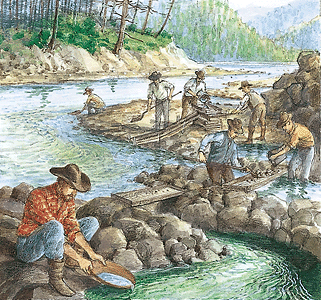As we near the year 2020 there have been a lot of ‘best of the decade’ lists coming out and here’s another one! Many such lists seem top heavy with more recent titles. So I wanted to challenge myself to pick only one book from each year of the past decade and it has to have been published in that year. This naturally forced me to consider what books have meant the most to me in the long term and which continue to resonate for me personally long after reading them. You can also watch me discussing these books in this video: https://www.youtube.com/watch?v=6kPlIpLHj7Q
It made me reflect on how we’ve lost a great talent this year with author Andrea Levy who died at a relatively young age. I felt a bit melancholy opening my copy of “The Long Song” and seeing her signature which she inscribed when I went to see the Booker shortlisted authors read in 2010. If she’d have won that year (rather than Howard Jacobson) she’d have been the first black woman to win the prize. So it’s a shame she didn’t live to see Bernardine Evaristo win this year’s Booker.
Julian Barnes’ “The Sense of an Ending” didn’t make much of an impression on me when I first read it but (now that I’m a bit older) rereading it made me realise just how its story is so poignant. Other favourite authors such as Joyce Carol Oates and Ali Smith have produced a number of books in the past decade, but the stories in “Lovely, Dark, Deep” and the novel “Artful” feel especially meaningful to me and show these brilliant writers at their most formally daring and innovative while still retaining emotional resonance. Maybe there’s something to be said for the length of a book deepening its impact because the novels “The Luminaries” and “Ducks, Newburyport” are both massive. They still vividly reside in my imagination and I’d gladly go back to reread their hundreds of pages.
Probably the most obscure book on my list is “The Parcel” which also stands as one of the most heart-breaking novels I’ve ever read. It challenges the reader to consider many difficult moral questions, but it also made me fall dearly in love with its characters. Choosing this list made me consider how it’s not always book prize winners who should be most noted, but the books which receive multiple prize nominations. “Mrs Engels” was listed for the Desmond Elliott Prize, the Walter Scott Prize, the HWA Goldsboro Debut Crown, the Guardian First Book Award and the Green Carnation Prize (which I actually helped judge that year.) It sadly didn’t win any of these awards, but its inclusion by a wide range of judges certainly testifies to its quality. Finally, I was also reminded how there are accomplished and much-respected writers such as Colson Whitehead and Sarah Moss whose back catalogue of books I still need to explore.
Obviously I had to make some tough choices when limiting myself to a list of only ten books. Some years included many extraordinary new publications which I also loved such as “A Girl is a Half-Formed Thing”, “H is for Hawk”, “Lila”, “A Brief History of Seven Killings”, “Almost Famous Women”, “Under the Udala Trees”, “Dinosaurs on Other Planets”, “A Book of American Martyrs”, “Lincoln in the Bardo”, “Sight”, “The Years” and many many more. But the whole point of lists like this is to provoke discussion and get readers to chide me for making some obvious omissions while championing their favourites. So I’d love to hear in the comments below about some books from the past decade that you consider to be the greatest!










